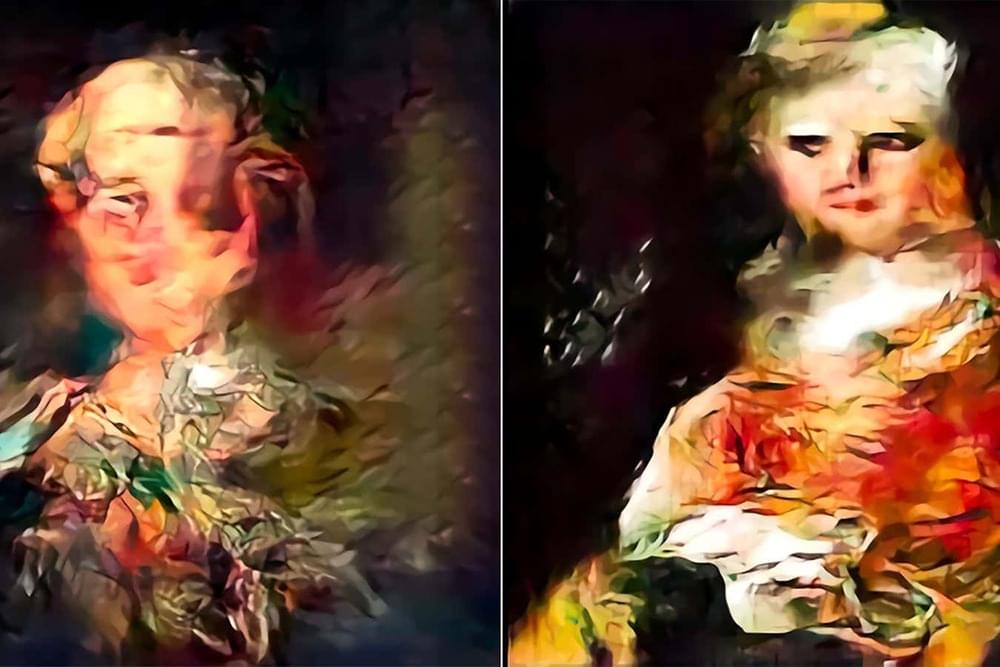Gene editing insects could help reduce reliance on pesticides—and help protect billion-dollar industries.



If you’re fighting cancer, a healthy lifestyle can help you stay well during and after treatment. Research suggests that good nutrition, exercise and other healthy behaviors may improve your quality of life during treatment.
“Taking charge of your health by developing healthy habits empowers you to cope better with your treatment and any side effects you may have,” says Lonny Yarmus, D.O., a board certified interventional pulmonologist at the Lung Cancer Program at the Sidney Kimmel Comprehensive Cancer Center.

In a recent perspective piece published in the Nature Medicine Journal, researchers discussed the current achievements, challenges, and potential opportunities in using digital technologies, such as remote medicine and wearables in geriatric medicine and care.
Study: Digital health for aging populations. Image Credit: GroundPicture/Shutterstock.com.


A new study at the University of Tokyo aims to find out how people feel using robotic arms — and sharing them with others.


Using AI-generated images to train AI quickly creates a loop where the results get worse in either quality or visual diversity.
By Jeremy Hsu

